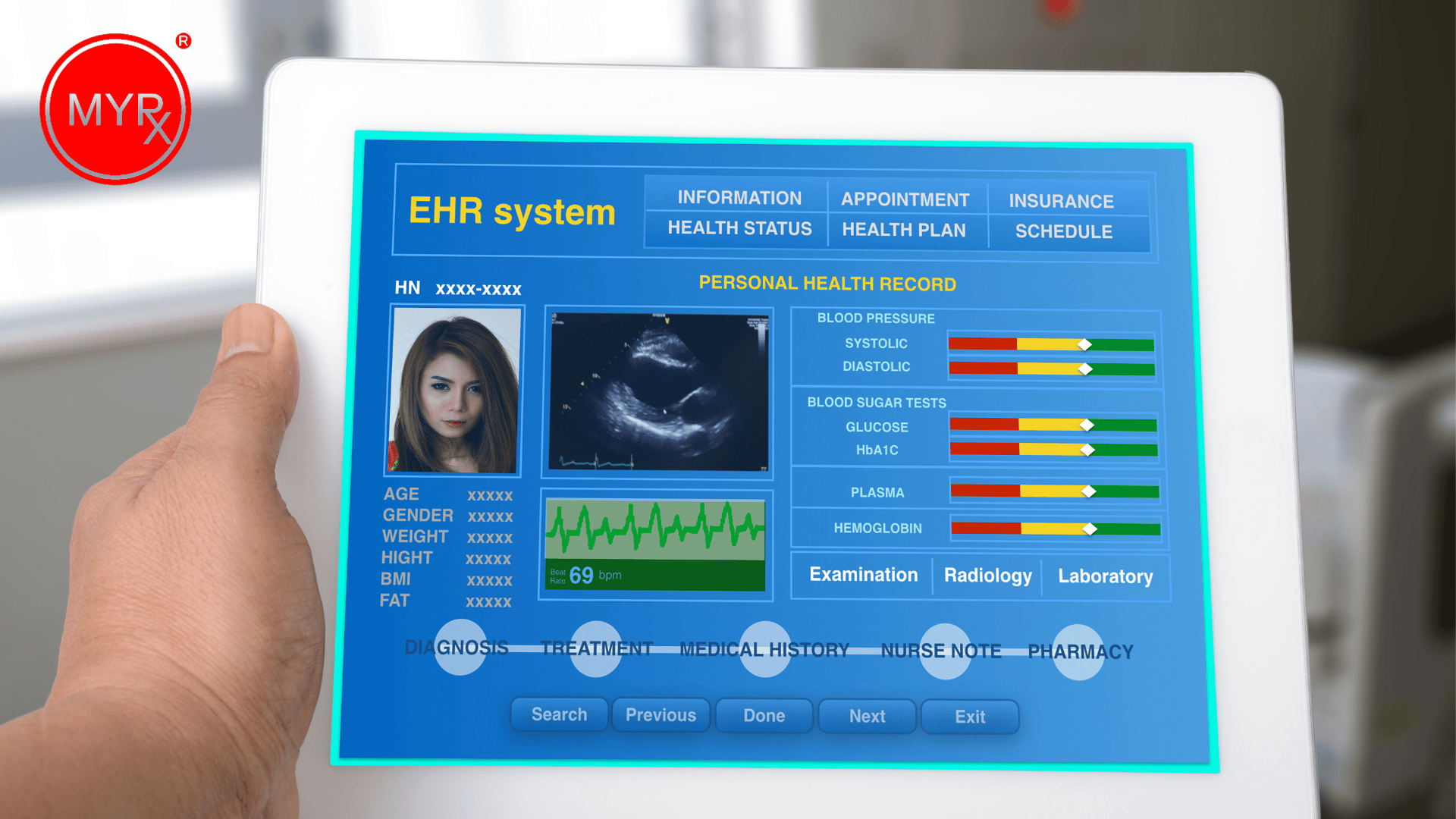
The Future of Healthcare Documentation: Exploring the Advantages of EHR Systems for Doctors
Introduction
In today's rapidly evolving healthcare landscape, electronic health record (EHR) systems have emerged as a game-changer for physicians. Gone are the days of paper-based medical records and manual documentation processes. EHR systems offer a digital revolution that brings numerous benefits to doctors and healthcare providers. This article delves into the advantages of EHR systems and highlights their potential to shape the future of healthcare documentation.
Enhanced Accessibility and Efficiency:
EHR systems provide doctors with instant access to patient records, eliminating the need for physically locating and reviewing paper files. Through a secure online platform, physicians can retrieve medical histories, lab results, diagnostic reports, and other crucial information within seconds. This accessibility enhances efficiency, saves time, and enables faster decision-making, leading to improved patient care.
Improved Accuracy and Patient Safety:
Manual record-keeping is prone to errors and illegible handwriting, which can lead to potential medical errors. EHR systems eliminate these risks by promoting accurate and standardized documentation. Doctors can easily input and update patient data, ensuring the accuracy and integrity of medical records. Furthermore, EHR systems enable medication reconciliation, allergy alerts, and clinical decision support, reducing medication errors and enhancing patient safety.
Seamless Information Exchange and Care Coordination:
Interoperability is a key feature of modern EHR systems, enabling seamless information exchange between healthcare providers. Doctors can securely share patient records, test results, and treatment plans with specialists, laboratories, and other healthcare entities. This promotes efficient care coordination, facilitates collaboration among providers, and ultimately improves patient outcomes.
Data-Driven Insights and Clinical Decision Support:
EHR systems are rich sources of clinical data that can be leveraged to derive valuable insights. Through advanced analytics and reporting capabilities, doctors can identify patterns, trends, and potential risk factors among their patient populations. This data-driven approach empowers physicians with evidence-based decision support, enabling personalized treatment plans and proactive preventive care strategies.
Enhanced Documentation Compliance and Regulatory Requirements:
In an era of increasing regulatory scrutiny, EHR systems offer built-in documentation compliance features. Doctors can easily capture required data elements, ensure proper coding, and generate audit-ready reports. This not only reduces the burden of compliance for physicians but also helps healthcare organizations meet regulatory requirements, such as HIPAA and meaningful use criteria.
Conclusion
As technology continues to advance, EHR systems are poised to revolutionize healthcare documentation for doctors. The benefits they offer in terms of accessibility, efficiency, accuracy, information exchange, and data-driven insights are transforming the way healthcare is delivered. Embracing EHR systems enables physicians to streamline their workflows, enhance patient care, and contribute to a more interconnected and efficient healthcare ecosystem. The future of healthcare documentation is digital, and EHR systems are leading the way.